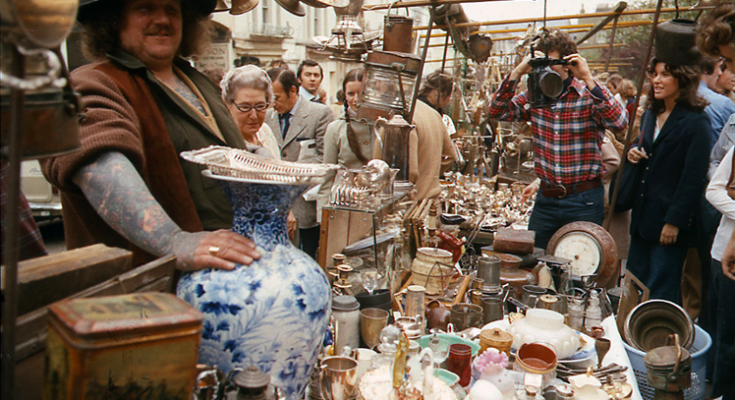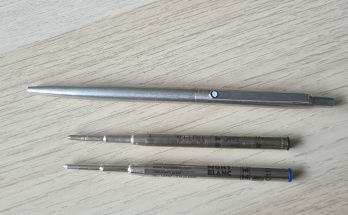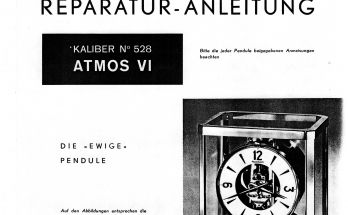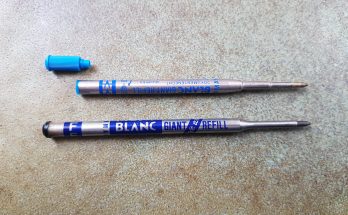When I was getting interested in vintage watches I decided I was going to some local flea markets to see if I was able to find them there for the cheap. This seemed a mission impossible, what I was able to find was either too damaged, too expensive, or not interesting at all. Eventually, I learned that all three actually can be a blessing, but more on that in another article. After visiting hundreds of flea markets in multiple countries and meeting other dedicated flea market fans I started to see some patterns that are quite useable for newbies as well.
Here are twelve tips that might enable you to find your own treasures, and get them for the cheap.
1: Be early
This might seem logical, but is actually quite difficult. Please note that all the best deals are done in the early hours of a flea market. Let’s say a market advertises with a starting time of nine in the morning, then usually the build-up starts at seven. Now if you want to be the first, you should be there at around 7:30, or at least one hour early. However some flea market charge you for entrance or local regulation prohibits sales earlier then 11 in the morning on a Sunday. In those cases it is often impossible to get in early (or you have to bluff your way in), in that case it means a long wait on the parking lot. It might take multiple visits to the same market to find out the sweet spot in being there “on time”.
2: Fast and the furious
If you have a lot of ground to cover then better make sure you move fast, there is nothing so frustrating as seeing that prized item for a fraction of the value be sold to the guy just in front of you. It often helps scanning forward, some sellers only sell a certain type of item like children’s clothing, if that’s not your thing, keep your distance and move on to the next one. If you see something interesting, examine the item quickly and then ask for the price, you don’t want to waste your time on an item that is too expensive. I often made the mistake on gathering multiple items to make a good combo-deal to then find out that the seller was at a jackpot pricepoint, a terrible waste of time. Safety advice, often the ground is littered with large items, so don’t fall and break something when moving fast. If you have a partner, bring them, four eyes see more than two.
3: Round two
I have come to the conclusion that the most efficient way to work a small to mid-sized flea market is to work in two rounds, the first one should be crazy fast. It’s intended for you to see the items that no one has seen and score them quickly. Then, turn around and do it again but in the other direction. The benefit is that looking from another angle you might see things you missed in the first round, you will be amazed at how much you overlooked the first time.
4: Assess the seller
At the flea market you basically have two kinds of sellers, consumers and professional dealers. Depending on what you are looking for both can be interesting: the typical consumer seller has the highest chance on a good deal, however most of them do not have the items you are looking for and it costs time to dig through all of their stuff. While professional dealers charge more, they often have the best items but even then you can get some good deals if you know how. The dealer typically has a well dressed stand, and display boxes to prevent stealing, so you can spot them from a distance and skip them if necessary. Small tip, this works the other way around too, don’t act too professional, whipping out a loupe to examine a gold or silver item ruins your chances on a good deal. Really.
5: The art of negotiating
Right, so you found a great item, you got your price then the dance begins. Keep in mind that everyone always wants to feel like a winner, so act accordingly. An asking price is what it is, if it’s really good don’t waste your time and just pay. However you can always make an offer, in my experience you can always do an offer of 30% under the asking price, lower than that will make some people angry. Most people will counter it in the minus 10% range, do a comeback on 20% and watch how it ends up. If the price is too high, just say it and walk away, you will be amazed at how many sellers will ask you back with a better price. Price negotiating is probably the most difficult thing to master as it is not only the skill of finding the right price point but also reading each other intentions in speech and body movements. It is easy to learn but takes a lifetime to master.
6: Combine, retract and conquer
A really experienced trader once told me that if given the opportunity you should always buy in bulk. If you find a box of similar items, just try to buy it as one item, these are often incredible deals. If you happen to come across a set of items that are interesting, break them up in things you absolutely want and those you kind of like. Then ask the price for one item in the “like” category, if the price is right ask what all the “like” items would cost together. With that price you created a foothold, now add a few items in the “must have” category, usually the seller will ask a better price but being in a combo-deal it will likely be a better deal if you would have asked about that item alone. Respond that that price is too much but then cut out “like” items until you have a perfect deal. Never let the seller know which items you are really after. This is probably one of the sneakiest ways to get a great deal.
7: Be kind and have fun
It makes a big difference if people like you, really. Start with a nice “Good morning” or “Hello”, and continue with “May I ask you a question?”, instead of immediately demanding the lowest possible price. Just have a bit of fun, build a conversation, often if people like you they might offer you something you haven’t seen in the first place. You can always break the ice if you ask a funny question about an item they have for sale.
8: Make a plan
If you know the physical shape of the market, make a small plan in your head how you want to move through it. People are just like sheep, so people start from the beginning and finish at the end (usually clockwise), some smarter sheep start at the end and going counter clockwise. Winners start in the middle, where no one is yet…
If you can visit multiple markets on the same day, find out which one starts first (see point one) and shuffle depending on where you expect to have the most success. Make a mental note on markets that you are successful at, and give those priority for the next time.
9: Be late
“Be late”? Didn’t you just teach me to be early? Yes, however at the end of market prices will start to fall since the sellers want to cash in or simple don’t want to take the items back with them. Usually the sellers will start to pack one hour before the actual closing time, so make your closing round another half hour prior to that.
10: Bring enough money
You wouldn’t want to know how many times I was in the position to buy something great but I didn’t have enough money with me. Don’t ever show a seller how much money you have with you, even a glimpse might ruin your negotiation position. Find out if there is a cash machine nearby and if not take ample money with you, but put it away securely.
11: Build a network
There are a lot of great people browsing flea markets as a hobby (or profit), build yourself a network, if you can point someone to an item he or she is looking for then it usually works the other way around. I even instructed a few of my contacts about what interests me and the things they should look out for and now I get regular e-mails with items they bought for me that I can get for the cheap. You will notice that some dealers are always present (often in the same spot), let them know what you are looking for and they might reserve those items for you, they love regular customers.
12: Be knowledgeable
Getting treasures on the cheap begins and ends with true knowledge about the things you are looking for, knowing a brand is one thing, identifying a particular model and the authenticity of all the bits and pieces is a whole different ball game. So know your stuff. Please know that you can become an expert on the smalles of niches, but this will take considerable time. And if you come across something remarkable that you haven’t seen before try to remember key attributes, and just Google it from a small distance away on your phone. It might be a bit sneaky but it often will save you a lot of money. Please know that expensive things are usually of high quality, so anything that is not straight or crisp should be a major red flag and point to a fake.
Good luck and have fun!




